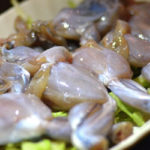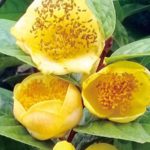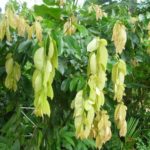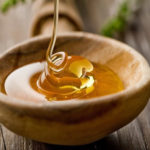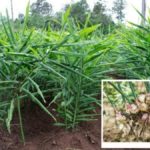Turnip is a root vegetable that is usually in season during winter and is known as the white ginseng because it is very nutritious with vitamins, fiber, and minerals. Turnips have many health benefits such as enhancing anti-aging, helping to treat coughs and improve throat inflammation, preventing anemia, and supporting cancer treatment…
Ginger is also a good spice and is considered a precious medicine in Traditional Chinese Medicine. Ginger helps to improve blood circulation, increase metabolic digestion, anti-aging, and help with weight loss…
However, according to traditional beliefs, turnips should be eaten in the evening, and ginger should be consumed in the morning. But why?
Why should you eat ginger in the morning?
In the morning, when you wake up, the stomach is empty and accumulates a lot of negative energy. Eating ginger will help dispel negative energy in the stomach, stimulate positive energy to rise, and effectively warm the body gradually. This is also the best time for ginger to be easily absorbed into the body, exerting its healing and health-promoting effects.
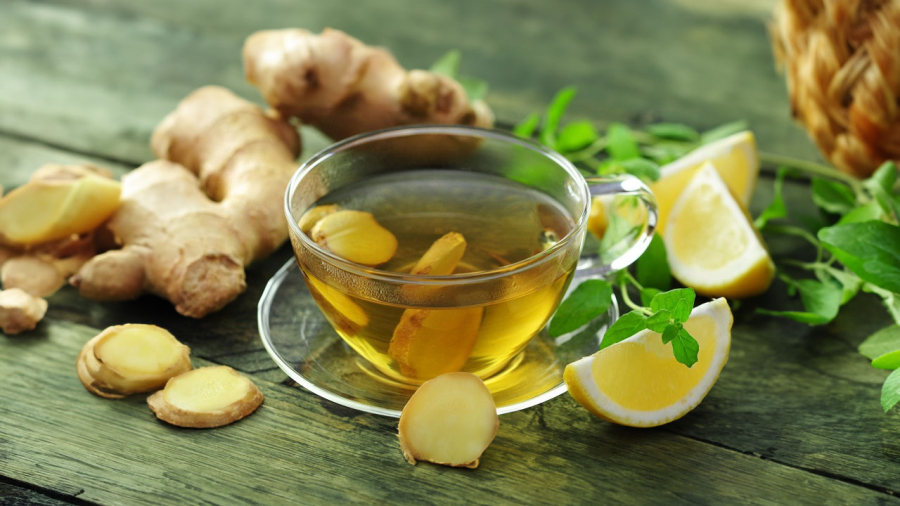
Moreover, the evening is the time when positive energy retreats and negative energy prevails in accordance with the natural law, so if you consume ginger in the evening, it will cause positive energy to rise and disrupt the natural physiological balance.
Drinking ginger water with a little honey in the morning can reduce bloating and prevent inflammation in the body. Warm ginger water also aids digestion, weight loss, and fat reduction. Consuming ginger in the morning also helps boost immunity, prevent colds and flu, as well as unexpectedly flatten the stomach and reduce waist size.
Ginger is also used to treat colds, blocked noses, and more. To maximize its benefits, it should be consumed in the morning.
When using ginger, it is recommended to choose young ginger as it is more fragrant than mature ginger. Many people often peel and discard the skin when using ginger, but that is a mistake. The skin of ginger contains many active ingredients and fragrant aroma, and the essential oil content in ginger skin is high. Therefore, you should only wash it clean and use both the ginger and its skin.
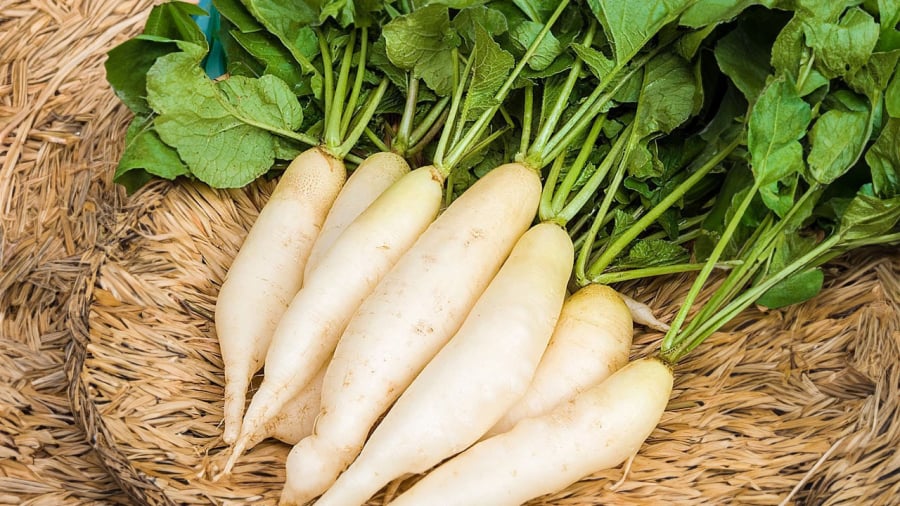
Why should you eat turnips in the evening?
That is because turnips can increase the frequency of passing gas. Therefore, many believe that eating turnips in the evening can avoid inconvenience. Moreover, turnips are a strong qi supplement, which is suitable for consumption in winter. Turnips have a cooling nature, so eating them in the evening also helps regulate the balance of yin and yang in foods, as people tend to eat more nutritious foods in winter. Modern medical analysis has shown that turnips contain mustard oil, amylase, and crude fiber. They have the effect of promoting digestion, increasing intestinal peristalsis, increasing appetite, relieving phlegm and reducing cough. Eating white turnips in winter can help treat many diseases, including digestive, respiratory, urinary tract diseases… They also have the effect of protecting health, preventing many dangerous diseases such as cancer, rejuvenating the skin and anti-aging, cleansing the intestines, detoxifying, and improving health.
Furthermore, according to the law of yin and yang, in the evening, the human body tends to move towards yin, lowering body temperature, so eating turnips, which have a cooling nature, will not cause conflicts according to the yin-yang viewpoint.
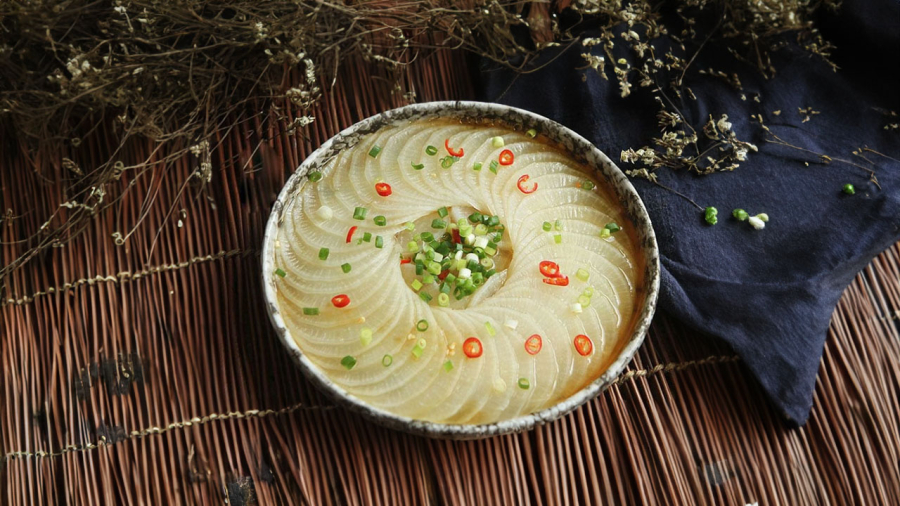
Therefore, eating turnips in the evening is better than in the morning.
For those who are obese and want to lose weight, they can eat boiled turnips to reduce the consumption of other foods as turnips keep you full for a long time and contain fewer calories. Eating turnips in the evening also reduces the risk of absorbing more fat, starch, and sugars.
When drinking beetroot juice, it is advisable to clean it to avoid bacterial infection. You should choose small beets as they are sweeter, whereas larger beets are hybrids. If the beets are clean, you should eat the leaves as well, as the leaves of the beets are very nutritious, but many people do not know and often discard them, which is a waste.
You should eat turnips steamed, boiled, and avoid pickled, salted, or fermented forms. If pickling, you should wait until it becomes sour before eating to avoid eating pickled turnips that are not good for your health.
























